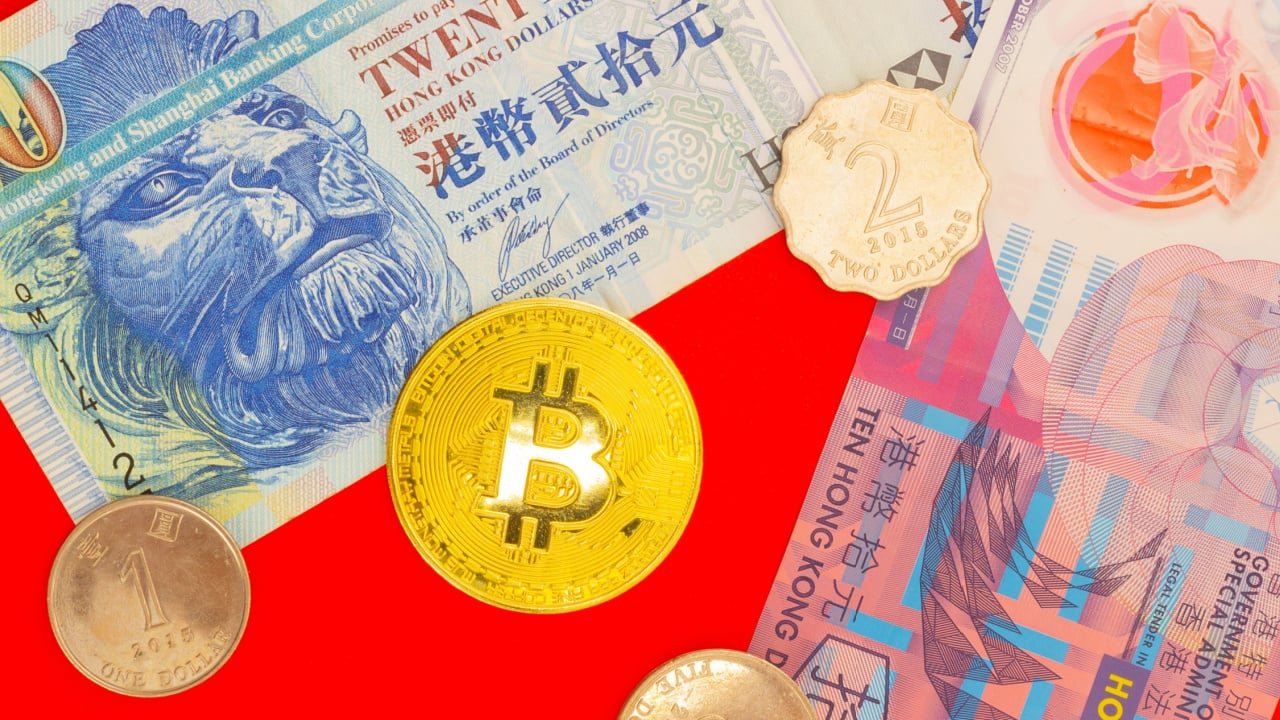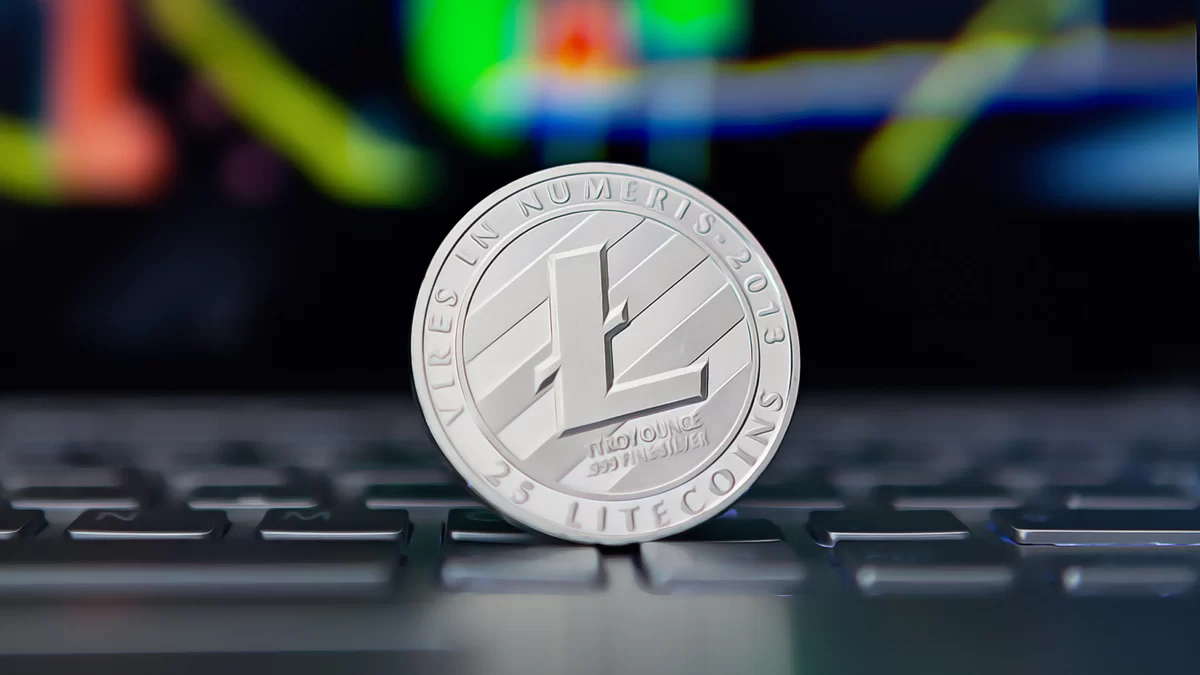Hong Kong is witnessing a rise in applications from cryptocurrency companies seeking licenses to operate as individual trading service exchanges. As part of its efforts to become a regional crypto hub, China’s special administrative region received applications from 22 crypto companies, including major players such as OKX, Bybit, Crypto.com, and Huobi HK, before the deadline of February 29. The surge in applications from cryptocurrency companies is a result of Hong Kong’s proactive approach to regulating the burgeoning crypto industry within its jurisdiction.
Crypto Companies Queue Up for Licenses
According to the Securities and Futures Commission (SFC), the regulatory body overseeing financial markets in Hong Kong, applications have been received from leading crypto companies such as Bullish, Matrixport HK, Gate.HK, and a platform reported to be associated with Binance, HKVAEX. With these applications, crypto companies are competing for the opportunity to obtain licenses that will allow them to operate as fully compliant crypto exchanges serving individual investors.

Since the launch of the licensing regime for cryptocurrency exchanges last year, Hong Kong has granted licenses to two platforms, HashKey and OSL. As indicated by the SFC, crypto companies operating in the special administrative region of China that do not apply for a license by the end of March will be required to cease their trading activities. This regulatory framework aims to ensure transparency, security, and investor protection within the crypto trading ecosystem.
Stablecoin Regulation on the Horizon
In addition to overseeing crypto exchanges, Hong Kong is preparing to regulate the issuance of stablecoins. Hong Kong’s financial secretary Paul Chan announced plans by the Hong Kong Monetary Authority (HKMA) to introduce a regulatory sandbox for stablecoin issuers in the near future.
The government initiated discussions on the matter in December and recommended that all fiat-referenced stablecoin issuers in the region must obtain a license from the HKMA to operate legally.
Hong Kong is also aiming to increase cross-border payment efficiency by expanding the pilot scope of China’s central bank digital currency (CBDC), known as e-CNY. The government intends to facilitate the use of e-CNY in cross-border transactions to embrace financial innovation and ease international payments by leveraging digital currencies.









